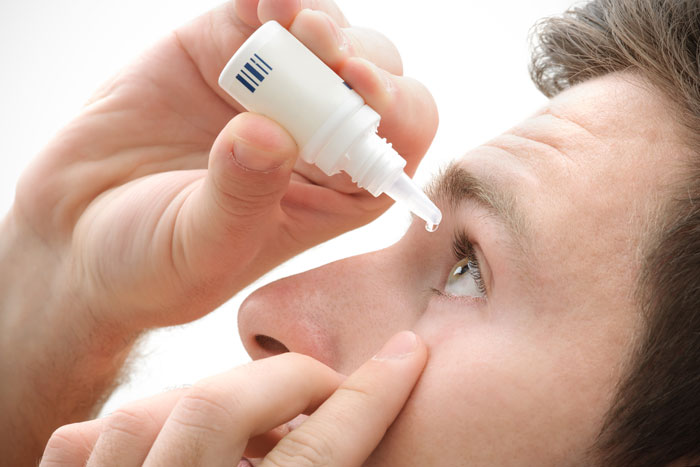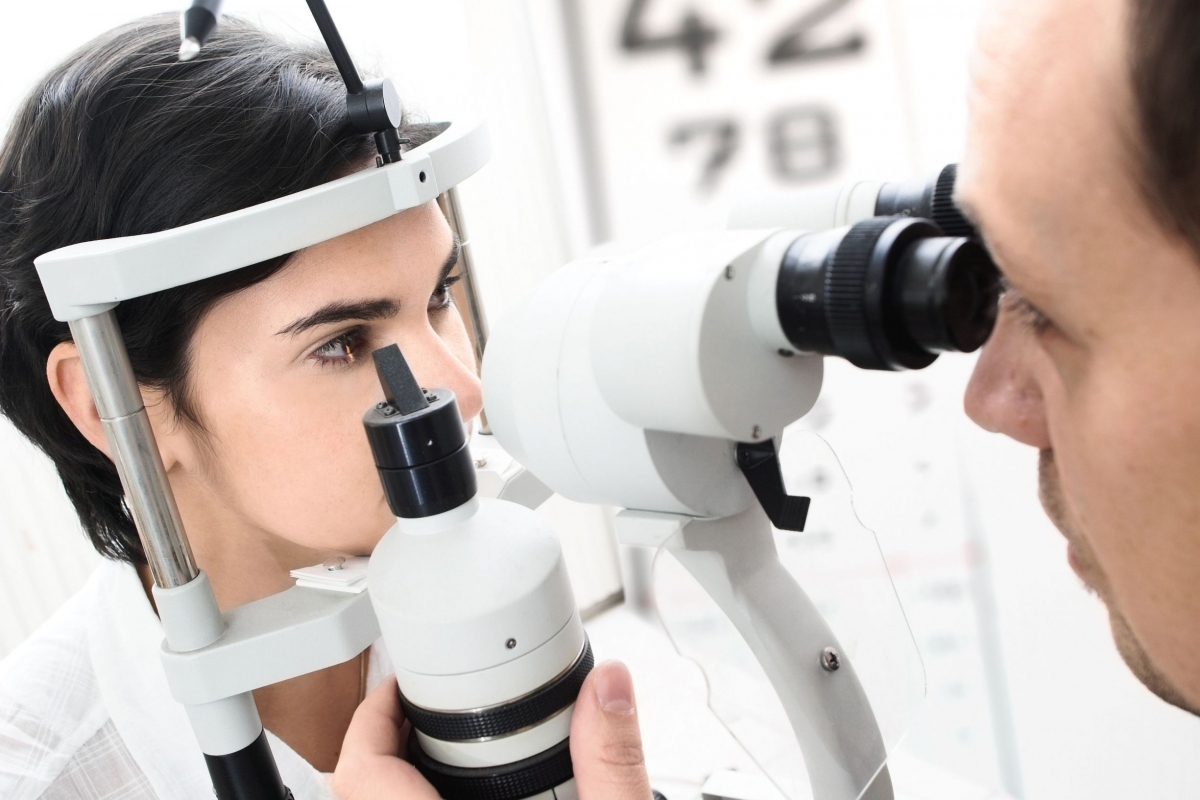LASIK Eye Surgery Recovery Time
Most patients who have LASIK are happy about their LASIK recovery time, with the vast majority reporting that their eyes felt fairly normal the day after having surgery. Many patients also experience improved vision immediately following LASIK, but it is important to understand that patients with higher prescriptions will notice an improvement quicker than patients who have lower prescriptions. In these cases, the patient may not see an improvement in their vision until 6-8 hours into their LASIK recovery.
LASIK Recovery Immediately After LASIK Surgery
Every LASIK surgeons has established their own LASIK recovery protocol based on what has given them the best results. Your doctor will likely give you protective sunglasses or eye shields to protect your eyes, and you will be required to wear those eye shields while sleeping for the first week following your procedure. While some LASIK doctors will want you to rest for 10 -15 minutes after your surgery before releasing you to go home, others will release you immediately after your surgery so you may go home and start you LASIK recovery as soon as possible. It is important to have transportation arranged prior to your surgery as you will not be able to drive yourself.
The numbing drops used during LASIK surgery will typically wear off about 20-30 minutes after your procedure has been completed. Once the numbing drops wear off, you may begin to feel mild burning or itching sensation, and it is very important to never rub your eyes during your LASIK recovery. For the first 8-12 hours following your surgery, your eyes may water considerably as well as appear bloodshot or develop red spots; these are all normal symptoms and are temporary. As mentioned above, do not rub your eyes after LASIK eye surgery.

During your LASIK recovery time, the corneal flap is healing and although very rare, the flap can become displaced caused by rubbing the eyes. You can minimize the risk of a flap complication by not rubbing your eyes. You will also be given an antibiotic eye drop, a steroid eye drop and lubricating eye drops. It is important to use these drops as instructed by your doctor throughout your LASIK recovery.
First Day and Weeks During your LASIK Recovery Time
Your doctor will likely want to see you 24 – 48 hours after your surgery to ensure your eyes are healing correctly. Most people can return to work the next day or within a few days of their LASIK procedure. It is normal in the first few weeks after LASIK surgery to feel slight discomfort, often described as an “eye lash” in the eye. This is a normal side effect following LASIK and you should not be alarmed. It is also important to keep your eyes lubricated for the first few weeks to three months after LASIK surgery. Even when your eyes don’t feel dry, you should use lubricating eye drops 3-4 times a day to prevent your eyes from drying.Patients may also experience increased sensitivity to light, which can be alleviated by using sunglasses while outdoors. Each LASIK surgeon has a list and timeframe of restrictions for their patients. Your doctor might limit exercise, swimming, and wearing eye makeup for a few weeks. Contact sports, hot tubs and whirlpools may be limited for several months. You should follow your doctor’s postoperative instructions during your LASIK recovery time to ensure proper healing. If you think you are having any issues, you should call your doctor who will be able to tell if your specific situation is within normal limits or if further care is required.

LASIK Recovery Time 2-3 Months after LASIK
It is common for the eyes to continue to heal for at least 3 months after LASIK, which means your vision will also continue to improve. In patients with more severe prescriptions, their eyes can continue to heal for up to 6 months. Since everyone heals differently it is not possible to know exactly how your eyes will heal, and in very few cases (3-5%) the member will require an enhancement after their LASIK recovery time has passed and their eyes are stable.
How Do I Know if I Need an Enhancement after my LASIK Recovery Time has Passed?
Since every eye heals differently, there is a 3-5% chance you’ll need an enhancement at some point in your life. After your eyes have completed their LASIK recovery time, your doctor will determine if you need an enhancement and will suggest the best way of treating your eyes to achieve your best vision.
The need for reading glasses in patients over the age of 40 is neither an “overcorrection” or “undercorrection”, but rather an age related condition called presbyopia which affects all people in their early to late 40’s. Because no eye is the same, some people may not require reading glasses until later in life, and in rare cases a person may not require reading glasses at all. While this occurs occasionally, it is not the norm and those over 40 should expect to likely need reading glasses following LASIK eye surgery.
LASIK Recovery Time and Common LASIK Risks and Side Effects
During your LASIK recovery time it is normal to experience side effects as your eyes heal. These side effects are generally short term during the 3-6 month healing period and will typically not affect your daily routine. The most common side effects can include dryness of the eyes, glare or halos at night, and slightly blurred vision. During your LASIK procedure, the doctor creates a corneal flap to expose the part of the eye
In addition, it is possible to experience some night glare and halos during your LASIK recovery. This is commonly described as having a glare, halo or starbursts around headlights or street lights. Like dryness symptoms, night glare and halo symptoms will usually improve during the 3 to 6 month healing period. Some patients prefer to reduce the amount of driving they do at night until the symptoms have subsided.
Patients with larger pupils are more susceptible to glare and halo at night during their LASIK recovery time, so doctors often recommend the Custom LASIK procedure for those people. Custom LASIK is more personalized to your specific eye and can reduce the likelihood of experiencing night glare and halos but does not eliminate the risk 100%. flap, the system, which provides moisture to your eyes, is disrupted and must regenerate, taking as long as 3 – 6 months after your surgery.
Dryness can cause a fluctuation in your vision resulting in blurred vision therefore it is common for your doctor to recommend the use of lubricating eye drops to help keep your eyes lubricated. It is very important to have a thorough dry eye evaluation prior to LASIK surgery to determine if you are at higher risk of long term dryness. Some doctors may recommend treating dry eye symptoms prior to LASIK surgery to reduce long term effects.
